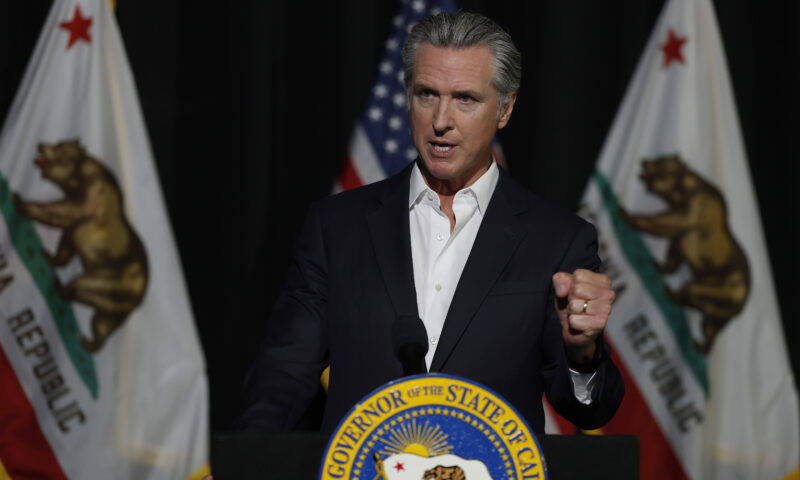

As he heads into his final year in Sacramento — and mulls a presidential campaign — some in the Golden State have gained access to more care, others not so much.


San Jose is delivering low-cost tiny homes for people living on the streets of California’s third-largest city — as long as the state continues to fund it.


Will Sacramento’s budget shortfall turn off the lights of community health care centers?


Will California gut a medical aid program created in an age of compassionate care?


Proposition 35 was meant to attract doctors to care for low-income Californians. Instead, it’s looking like a cash cow for Sacramento.


A new landscape of scarcity is threatening even the state’s food basket regions.
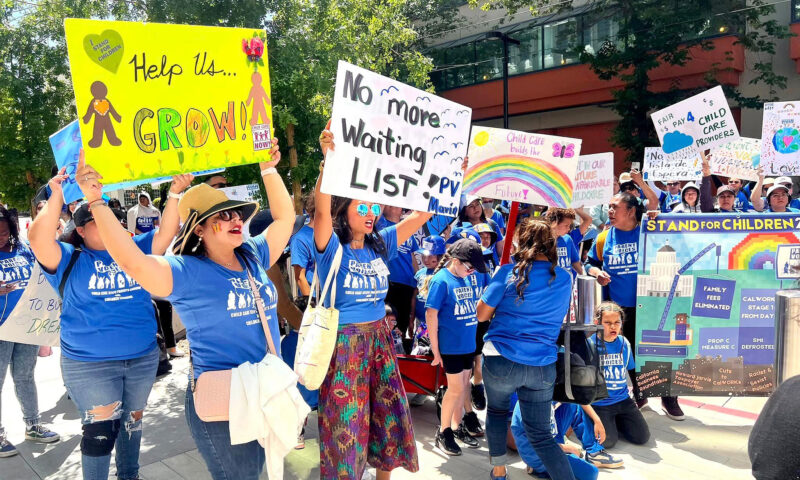

Advocates say significant cuts to mental health and employment services highlight a failure to inform CalWorks recipients about available services.
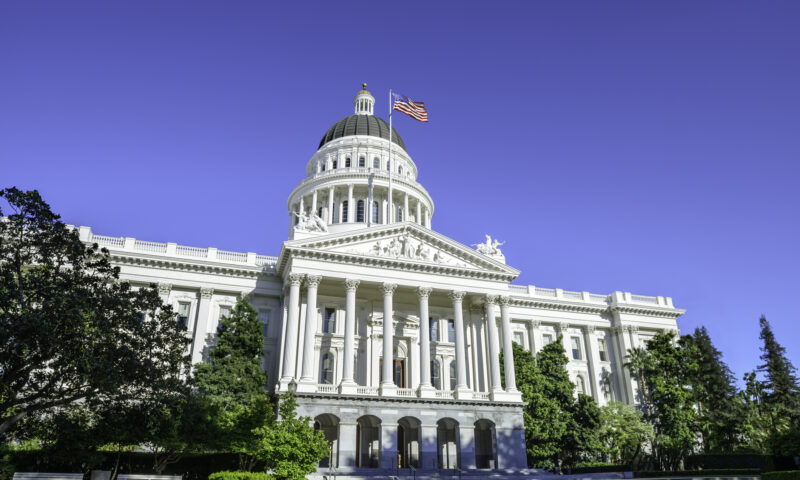

Some key state programs will be maintained, but those without legal status remain ineligible for other anti-poverty programs.
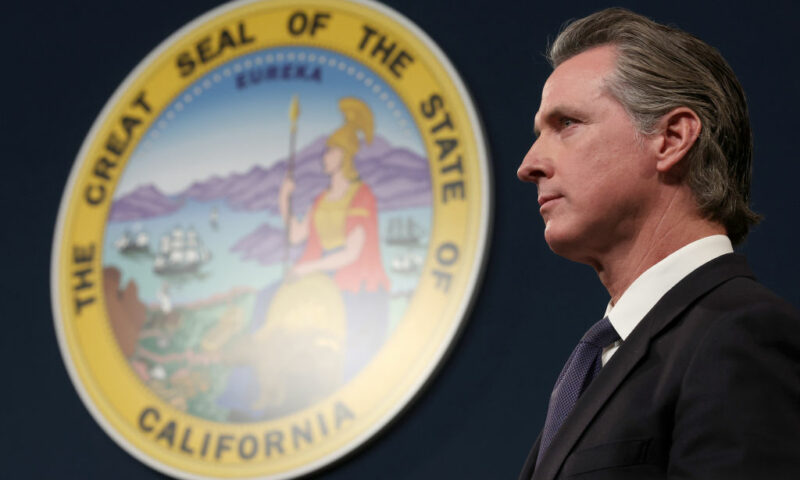

Despite reductions to housing and antipoverty programs, Gov. Gavin Newsom maintains Medi-Cal funding.
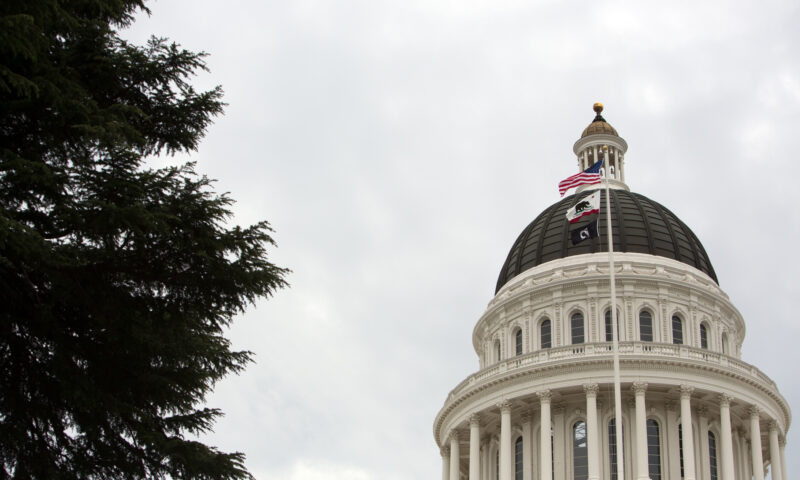

Foregone revenues add up to more than double the amount of the expected deficit.


The California surplus is available to some, but for 61 local public health department workers there’s little but tough love.
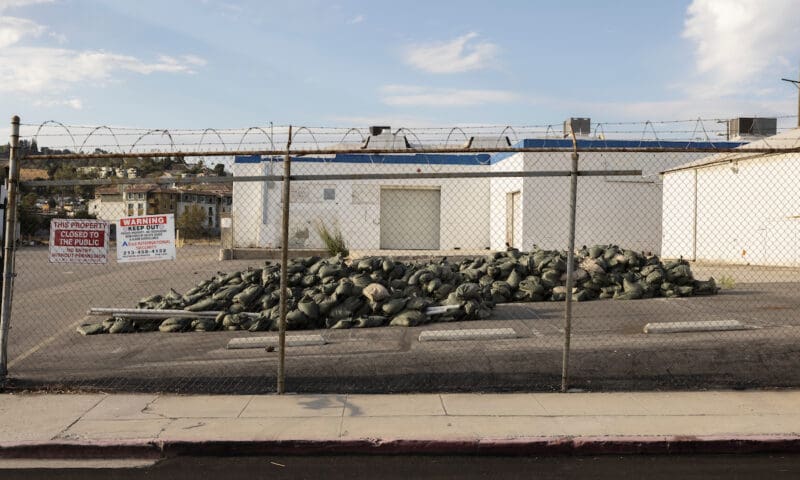

Questions over DTSC competency complicate taxpayer-funded plans to rehabilitate polluted properties.


Despite record job losses during the pandemic, the 1% have left the state flush with cash.
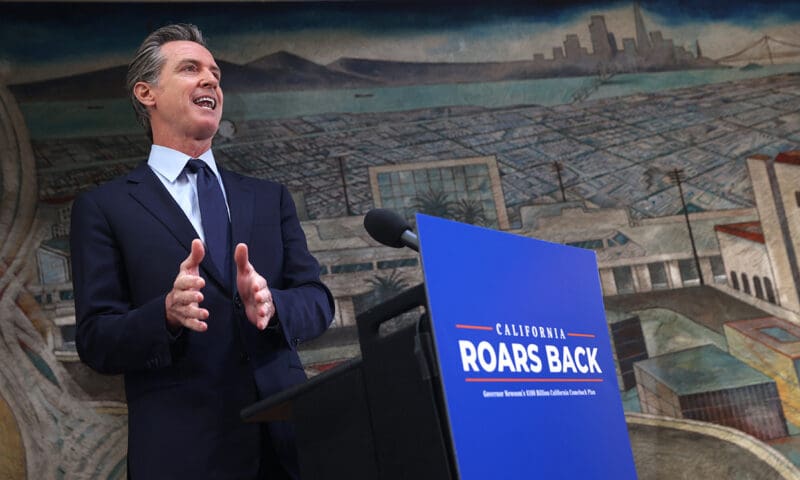

Low-wage workers face big unpaid bills from the pandemic.


California’s public schools, underfunded since the 2008 recession, face further cuts under Gov. Newsom’s proposed budget.


Gov. Newsom’s revised budget puts programs aimed at addressing disparities in access to vital services on the chopping block.


In a Capital & Main interview, State Controller Betty Yee casts doubt about the prospects for Prop. 13 reform and other initiatives.


Still pending in a follow-up budget bill is language that would limit the ability of charter schools to cherry-pick enrollment.
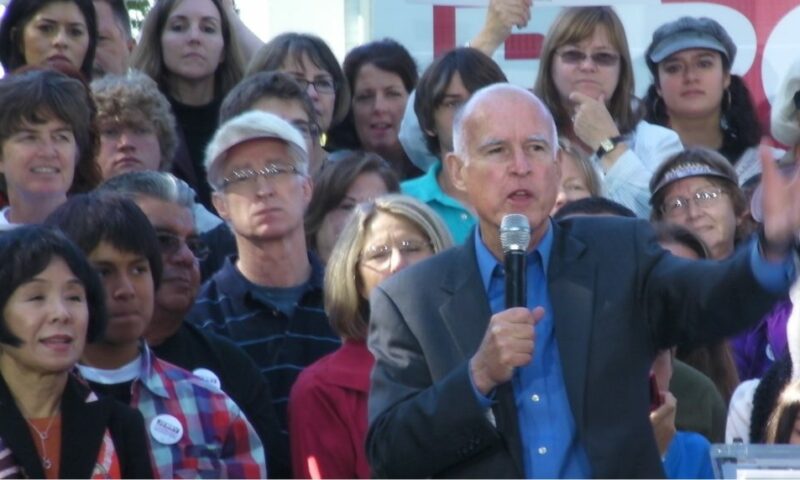

Among other things, the ballot measure could endanger the bullet train, one of Governor Jerry Brown’s favorite projects, by giving Republicans a say over how cap-and-trade money is spent.


The last time California enacted comprehensive tax reform, FDR was president, Babe Ruth was still playing baseball and the Golden State was five years away from seeing its first freeway open.